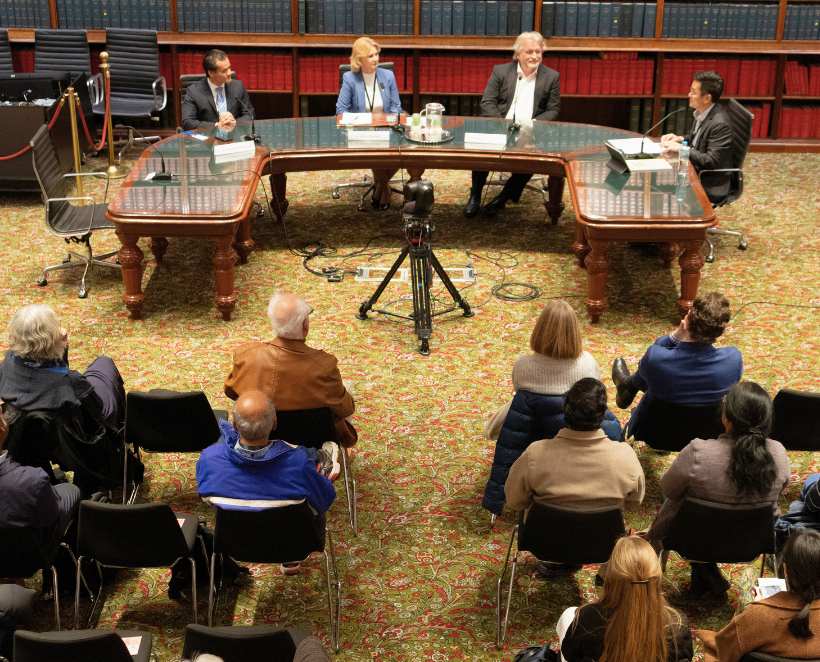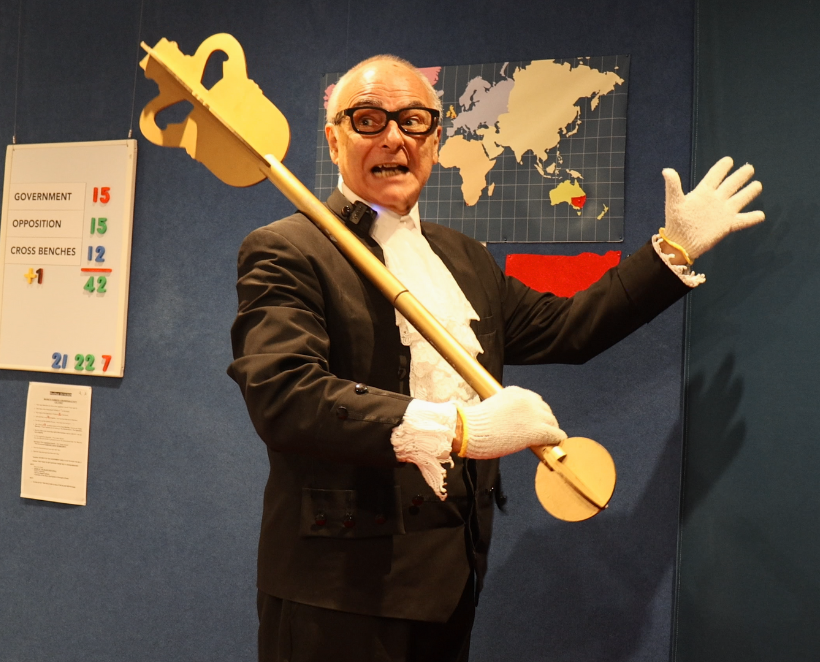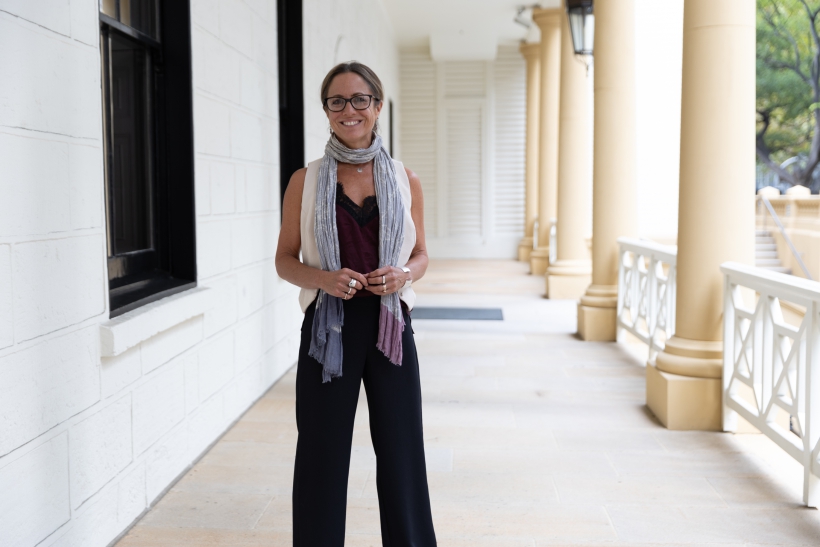
Who were the remarkable Australian women who fought for the right to vote and helped shape the British suffrage movement?
In ‘House Talks: Struggle, Suffrage, and Freedom’, watch this inspiring conversation with award-winning historian Professor Clare Wright OAM as she shines a light on the feminist heroes who fought for change and whose legacy has left a lasting impact.
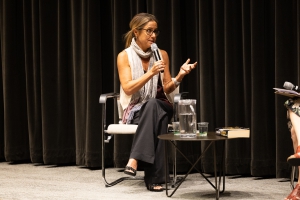
“It’s really hard to remember that Australia was a world leader in so many areas of progressive reform including giving women the right to vote,” Clare explains.
“But we think of progress as being teleological or in a straight line – what we know, particularly when we look at democracy and women’s suffrage, is that you not only have to advocate for rights but you keep having to be the defenders of those rights.”
Watch the full video from this illuminating conversation below.
Among her contributions to historical academia, Professor Wright is the author of the best-selling The Forgotten Rebels of Eureka and You Daughters of Freedom.
Thank you to Professor Wright and everyone who joined us in-person and online for this powerful conversation, recorded live from the Theatrette at NSW Parliament House.
Suffragist public display in Theatrette foyer
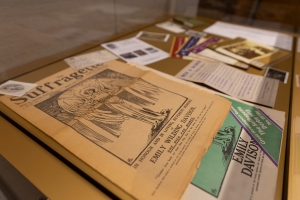
Open now in the Theatrette foyer, view a collection of historical items, including literature, pamphlets, posters, photos, illustrations and newspaper clippings, showcasing the women’s suffrage movement in Australia and Britain.
Some of the collection dates to the 1890s, painting an enlightening picture of the brave women and their supporters who fought for groundbreaking reform on the road to equality.
One of these fascinating items is an illuminated address to Martha Jones, signed by Emmeline Pankhurst, founder of the Women’s Social and Political Union (WSPU). The address was presented to Martha to commemorate her bravery and sacrifice, along with other WSPU members, who had been imprisoned because of their involvement in the UK suffrage campaign (see the Roll of Honour of Suffragette Prisoners 1905-1914). A number of these women went on hunger strike in prison and, in many cases, were forcibly fed by guards.
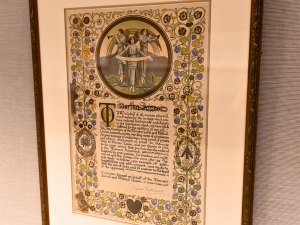
The public display has been curated in collaboration with Jessie Street National Women’s Library and is open until Thursday 17 April.
NOTE: the Theatrette foyer may occasionally be closed for private events. Ask at the NSW Parliament reception desk upon arrival.

